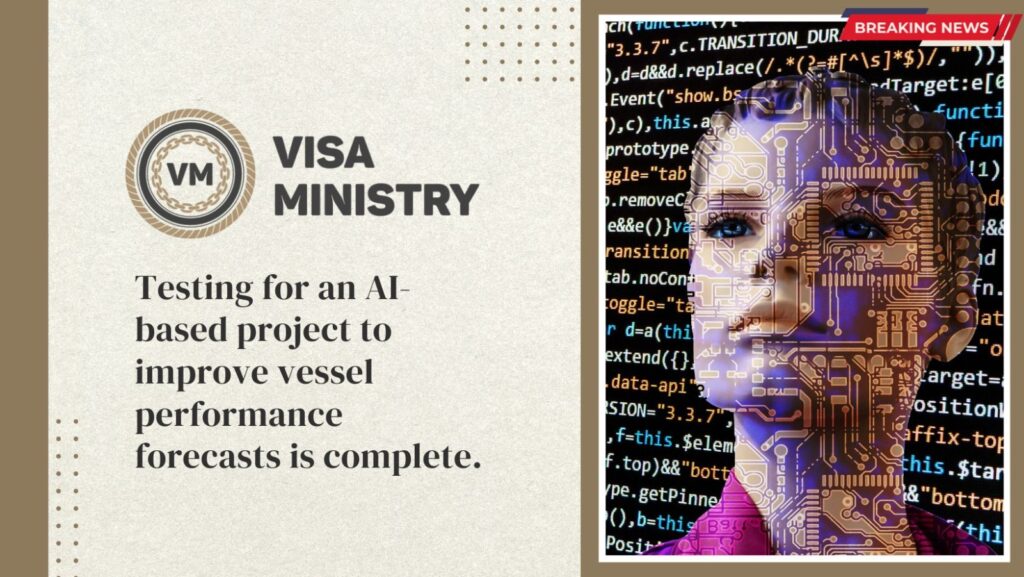An AI-based semi-autonomous voyage planning system was created and tested over the course of three years by the maritime technology company Yara Marine Technologies, Molflow, Chalmers University of Technology, and experts in social science from Halmstad University and Gothenburg University. The Via Kaizen project, which was launched in August 2020, investigates how AI and machine learning may help ship operators plan voyages that use less energy.
The project, which was supported by Trafikverket, the Swedish Transport Administration, used pre-existing tools to enable a higher level of digitalization and automation in vessel operations. These included the FuelOpt propulsion optimisation system from Yara Marine, the Fleet Analytics performance management and vessel data reporting tool, and the Slipstream vessel modelling system from Molflow. In order to ensure that the technology facilitated procedures and choices that had the greatest impact on energy efficiency, user needs and current work practises at the company were examined during the design phase.
The finalised technology was tested onboard two different ships: a Rederiet Stenersen product tanker and a PCTC vehicle carrier run by UECC. With one of the two trial vessels choosing to keep using the system, the varied results showed that energy efficiency optimisation based on expected time of arrival (ETA) was successful.
“The Via Kaizen project speaks directly to where shipping is at the moment — where the intersections of digitalization, decarbonization, and crewing determine our success in addressing climate change,” said Mikael Laurin, Head of Vessel Optimisation at Yara Marine Technologies. For an industry striving to reduce emissions while addressing rising fuel costs, the use of AI and machine learning to plan and predict energy-efficient journeys is important. Similar to new technologies, which have the potential to expedite operations but necessitate collaboration and buy-in from all stakeholders, crew familiarisation and training, proactive design, and new corporate initiatives are all necessary. As a result, the project’s insights and information are more important for the future of our sector.
The Via Kaizen project shows that applying machine-learning algorithms can lead to more precise performance predictions and optimisation for enhanced predictive modelling of ship propulsion power. It also demonstrated the importance of effective communication between ship operators and their patrons as well as between technology developers and consumers.
The Via Kaizen project provided a great opportunity to investigate and expand industry understandings of the part big data, data management, and model development can play in assisting lower emission strategies and maximising fuel efficiency, according to Joakim Möller, CEO of Moflow. Recent developments in meteorological data, vessel data tracking and analysis, and other areas can be used to determine where operations could be made more efficient. Artificial intelligence (AI) and machine learning can be crucial in processing and simplification of accessible data for clear, actionable results as the marine industry attempts to use good data to inform decision-making.
The effectiveness of energy-efficient journeys was determined in large part by the crew during the testing. This demonstrates the need of providing ship crews and management with as many opportunities as possible to interact with, comprehend, and embrace the value of AI-powered ship operation support technology in helping daily operations onboard and ashore.
“Maritime’s ability to successfully decarbonize is dependent on its highly skilled workforce, necessitating that we invest in creating seafarer support for digitalization and decarbonization,” Martin Viktorelius of Halmstad University said. To maximise crew acceptance and adoption of AI-powered solutions, clean technologies must prioritise simple, user-friendly interfaces and comprehend current operations. In order to investigate and identify critical factors that the crew claimed were impeding their support of trip efficiency, the Via Kaizen project engaged the crew.
Simon Larsson from Gothenburg University said, “The Via Kaizen project documented potential challenges to implementing energy efficient voyages — notably, the impact of crew training and corporate processes that either facilitated or hindered the effective use of AI tools to improve efficiency. These findings are not specific to the project and have wider ramifications for an industry seeking advanced solutions to rapidly reduce emissions. While crew training will afford a much-needed bridge to build understanding and accelerate support for AI-powered voyage efficiency solutions among seafarers, it is just as important that we ensure effective channels of communication with management and corporate processes.”
Following the conclusion of this project, additional funding has been secured from the Swedish innovation agency Vinnova to further explore a selection of its findings.
Source: traveldailymedia

